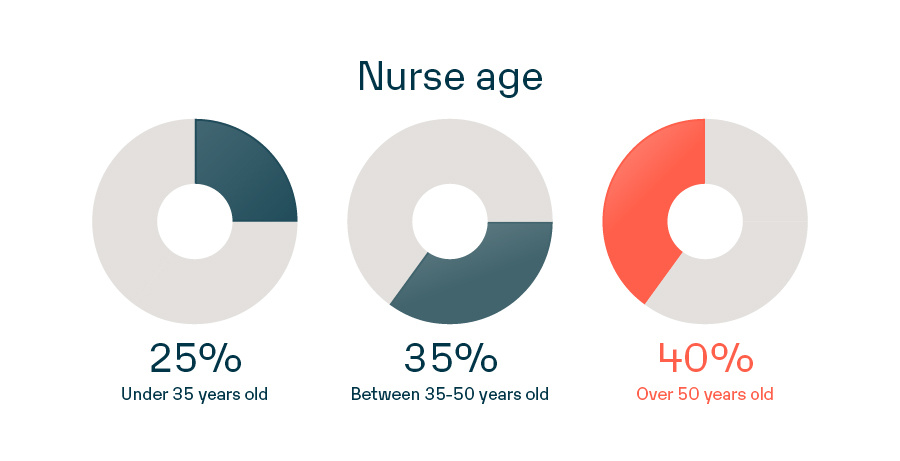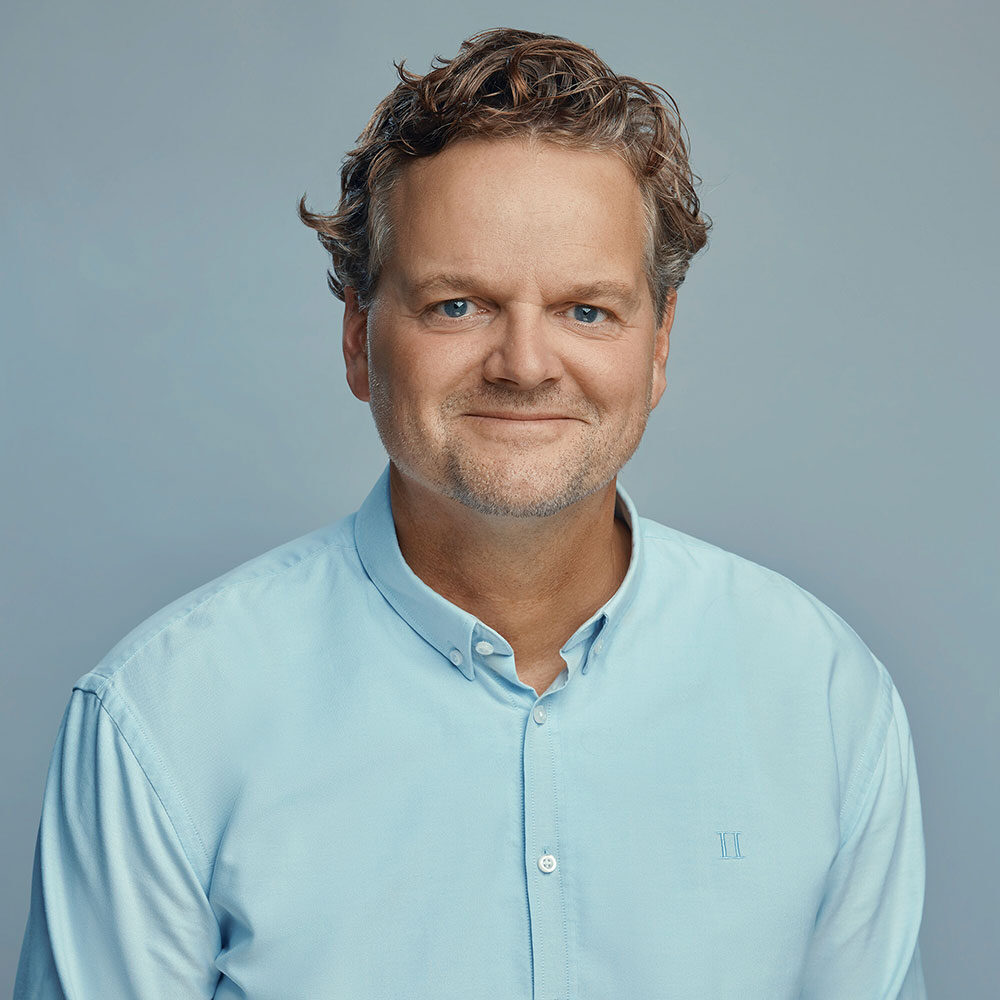German Health Minister: “There will be a serious problem in ensuring long-term care”
Earlier this month, German Health Minister Karl Lauterbach declared that the number of people in need of long-term care in Germany has increased "explosively."
The increase far exceeds demographic projections, with over 360,000 more people needing care in 2023 compared to the expected 50,000.
This surge is attributed to the “sandwich effect,” where both the elderly and the first baby boomers are simultaneously in need of care.However, there are several approaches that healthcare organizations can leverage to confront the nurse shortage.
According to the minister, this significant increase "will lead to a serious problem in ensuring long-term care and the current care system cannot sustain this level of demand without substantial financial reforms.” However, achieving a consensus on comprehensive reform within the current legislative period seems unlikely due to differing views among ministries and coalition partners. Germany now faces an acute crisis due to a sharp increase in care-dependent individuals, necessitating imminent financial adjustments and future comprehensive reforms.
The situation is worsened by the fact that more and more Germans are reaching the age at which the probability of needing nursing care increases. By 2030, the generation of baby boomers will retire, reducing the nursing workforce and potentially increasing the demand for care. The age structure among the currently employed nursing staff is particularly concerning, as only about 25% are under 35 years old, while the largest share (around 40%) is 50 years old or older.
Why international recruitment is not the answer?
Although international recruitment of nurses is widely practiced, it is not a sustainable solution to the nursing workforce crisis. International recruitment has been used as a primary short-term solution to nurse shortages, especially in Germany. The Federal Employment Agency’s International Placement Services and the Deutsche Gesellschaft für Internationale Zusammenarbeit place nurses from third countries in Germany through a joint program that has been running since 2013.
Nevertheless, the recruitment of foreign nursing staff still accounts for a small number of nurses. Even though it helps in the short run, it cannot substitute for changes in the German system and workforce attractiveness itself. This approach also leads to staff shortages in origin countries and can have negative effects on migrant nurses, such as de-skilling and the loss of time and finances due to the need to requalify in the destination country. Furthermore, the WHO Global Code of Conduct prohibits recruiting from countries that themselves already suffer from a shortage of skilled workers or have a similar demographic development as Germany.
Reimagining the role of nurses
A new approach calls for reimagining the role of nursing staff. Despite being a first-world country, the nursing profession is less attractive in Germany than in neighboring states. The main reason is that the scope of clinical activities permissible after a bachelor's or master's degree does not correspond to the skills acquired. For example, the lack of permission for academically trained nurses to make diagnoses, prescribe medicines, or administer vaccines due to legal restrictions in Germany. These activities are within the scope of nurse practitioners in the United States, for example.
Nurses at the World Health Summit last year advocated for a new understanding of the role of nurses, new competency models, and global standards of care with country-specific adaptations. Extending the sphere of competency for nurses in multidisciplinary teams, particularly in Germany, may help increase the attractiveness of nursing jobs and ensure the delivery of high-quality healthcare for the general population. However, to do this, technological advancements must be used to free nurses from menial and repetitive tasks such as vital signs monitoring or administration.
Leveraging technology to support nurses
Technologization is frequently mentioned in discussions on how to solve the nursing shortage and elevate the quality of nursing care in Germany. Supporting caregivers with devices means more time invested in personal care and human interaction with patients.
The aim is to use the latest technology and digitization to simplify and shorten work processes, transferring the simplest tasks to devices. With the support of technology, the role of nurses in Germany can be elevated, making the profession more attractive and allowing staff to utilize their skills more effectively in patient treatment and care. This would not only counteract the personnel gap but also improve the reality of the nursing profession in Germany, reducing burnout and the overall mental and physical toll on nurses.






